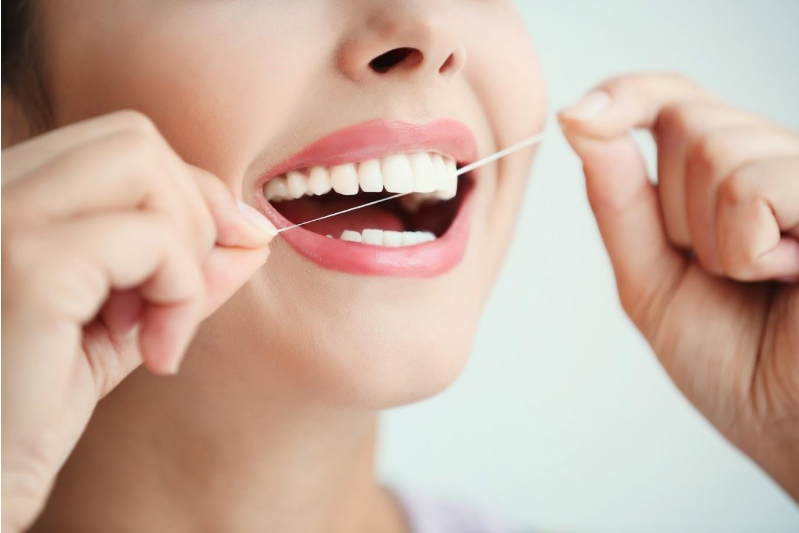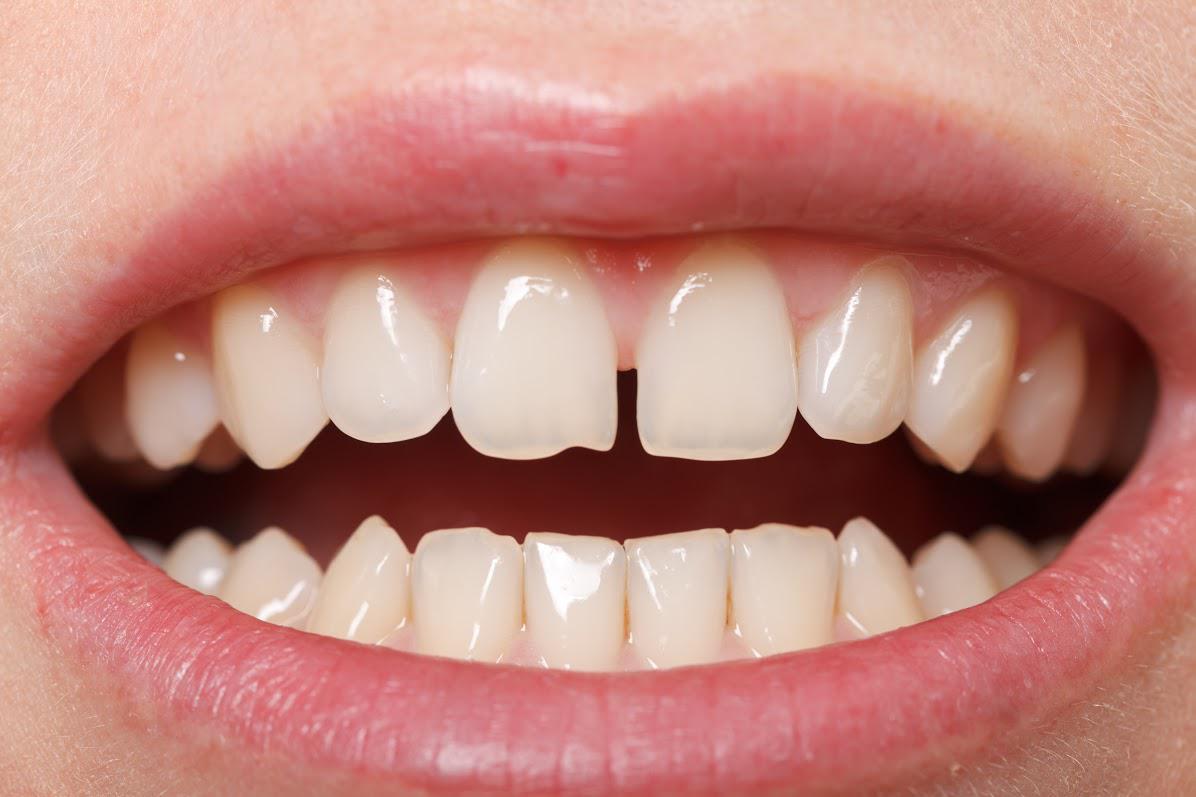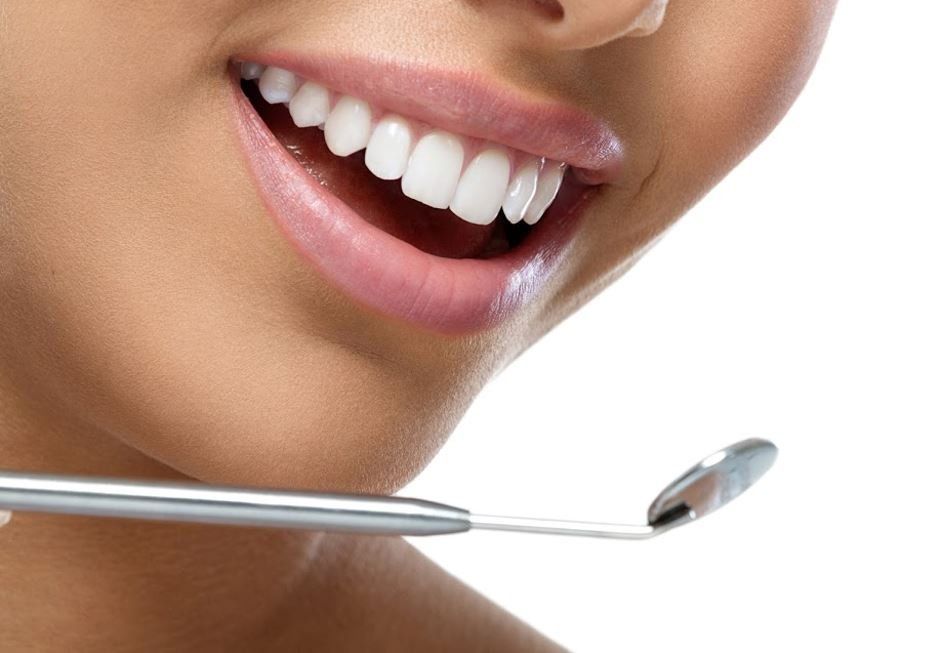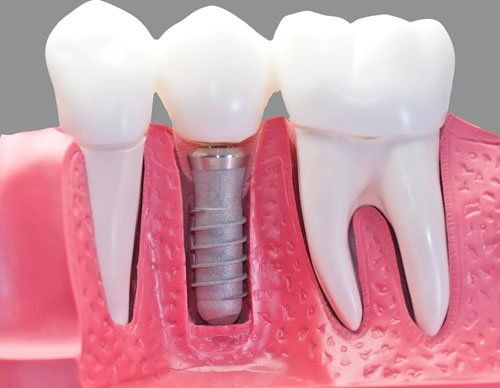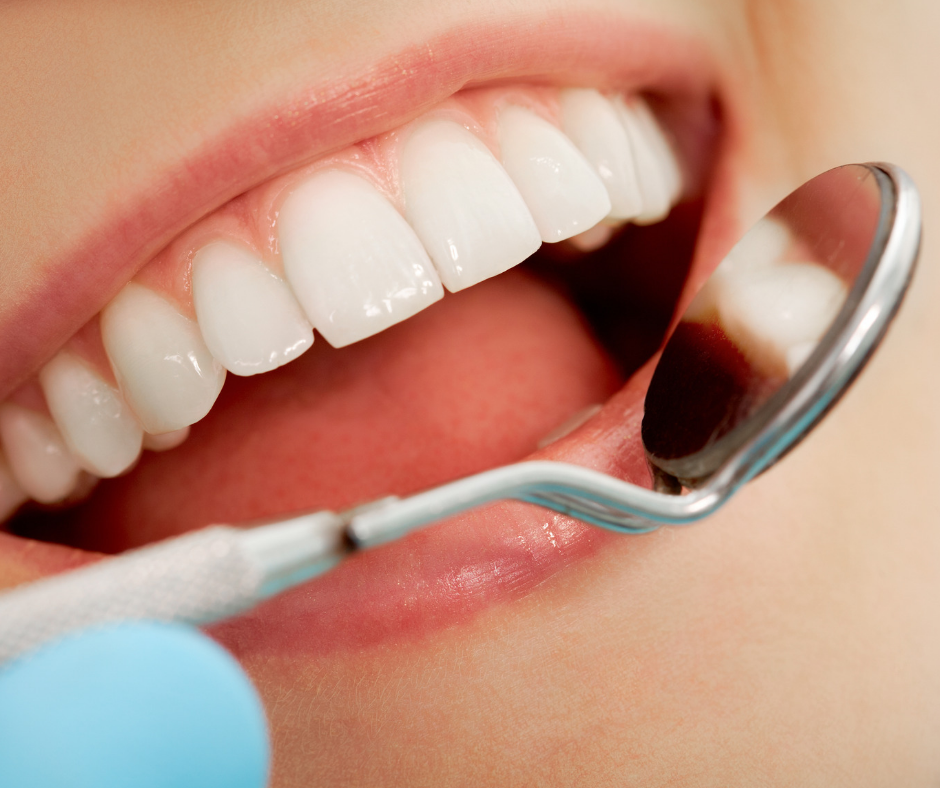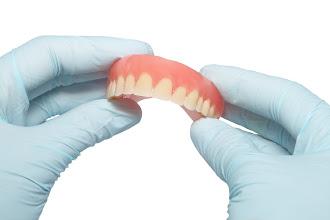
How Can an Auto-Immune Condition Affect Your Dental Health?
Many systemic conditions, such as diabetes, are known to affect dental health. But did you know that a variety of auto-immune conditions can cause dental problems as well? Although the specifics of each auto-immune condition may vary widely, many of them can have similar detrimental effects on your oral health.
Here are some of the ways an auto-immune condition could affect your dental health.
1. Fatigue
Fatigue is a common symptom of several auto-immune conditions. Some patients with extreme fatigue could find tasks such as brushing their teeth and scheduling dental appointments difficult. Since both at-home and professional dental hygiene are critical for avoiding cavities and gum disease, fatigue can thus be a factor in causing dental issues.
One way you can make dental hygiene easier on yourself is to streamline the process with specialized tools. For instance, an electric toothbrush and a floss holder or water flosser may make cleaning your teeth each day an easier task.
2. Gum Disease
Because of the immune system involvement, an auto-immune disorder may actually help to start and progress gum disease. This makes sense when you realize that two major factors in gum disease are inflammation and infection by specific types of bacteria.
With an auto-immune condition, your immune system may overreact to the bacterial infection and actually create more damage to your gum tissues. And the more inflammation that develops, the more gums may pull away from the teeth and form deeper pockets for bacteria to live in.
You may need to come in to your dentist's office for more frequent cleanings and close professional monitoring of your dental health, especially if your gums show signs of inflammation or gum pockets.
3. Digestive and Nutrition Problems
Many auto-immune conditions come with food sensitivities, which can make healthy nutrition harder to achieve. Nutritional deficiencies can cause all sorts of problems with your dental health. Low levels of the nutrients your enamel needs can mean that your teeth are less healthy and resilient overall.
Some auto-immune disorders come with even more specific and severe digestive issues. For instance, if you've been diagnosed with celiac, your small intestine may be damaged and severely impaired from absorbing any nutrients. This can lead to vitamin D deficiencies, calcium deficiencies, and more, which can increase your chances of developing cavities.
Your dentist may be able to prescribe you a high-fluoride toothpaste to help shore up your enamel's defenses against cavities.
4. Dry Mouth
Sjogren's syndrome is an auto-immune condition that can cause dry mouth. Other conditions, some of which may be auto-immune conditions themselves, can also cause dry mouth. And dry mouth can also occur either as a symptom or as a side effect of a medication, which means dry mouth could be an indirect effect of another auto-immune condition.
Dry mouth (a lack of saliva) is unfortunate for your dental health because saliva has antibacterial and PH neutralizing properties, and it carries nutrients and minerals to the tissues in your mouth. If you notice dry mouth, talk to your dentist about a treatment such as a saliva stimulator or a replacement saliva product.
As you can see, being diagnosed with an auto-immune condition is not good news for your teeth and gums. However, now that you know what condition you have, you'll be able to take the necessary steps to preserve your oral health. Talk to your dentist about any additional treatments or prescriptions you might need.
Contact the office of Gregory S. Rutherford, DDS, PA , to schedule an appointment for your next cleaning or any other dental treatment you may require. We provide not only cleanings and fillings, but advanced dental treatments such as implant restorations, dentures, and even cosmetic dentistry.
HOURS OF OPERATION
- Mon - Thu
- -
- Friday
- -
- Sat - Sun
- Closed







HOURS OF OPERATION
- Mon - Thu
- -
- Friday
- -
- Sat - Sun
- Closed

